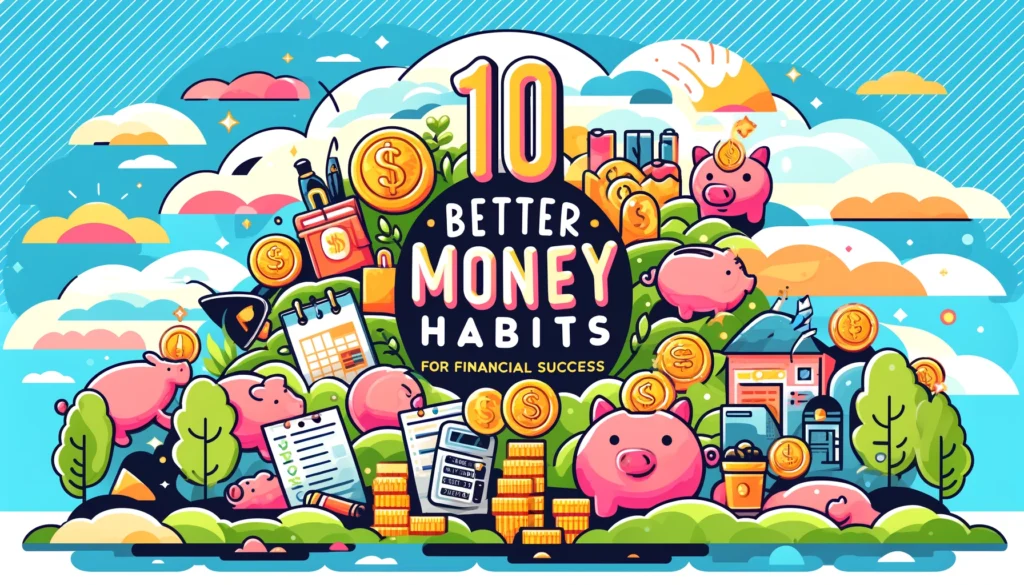Understanding Debt Relief: Your Ultimate Guide to Financial Freedom
Welcome to your comprehensive guide on debt relief! Here, we’ll unravel the complexities surrounding debt relief, including who qualifies, how to apply, and much more. This article will provide crucial information to help you navigate financial challenges, making your journey toward debt relief smoother and more informed.
Index
What Is Debt Relief?
Debt relief, also known as debt settlement, involves negotiating with creditors to reduce the amount you owe. Debt relief can help you settle or renegotiate payments, offering a lifeline to those burdened with substantial debt.
Who Qualifies for Debt Relief?
Who qualifies for debt relief is a common question. Generally, anyone struggling with overwhelming debt may be eligible. Key factors include:
– Income level.
– Debt-to-income ratio.
– Type and amount of debt.
Each case is unique, and it’s crucial to consult a financial advisor to understand your specific situation.
How to Apply for Debt Relief
Now that we’ve covered who qualifies, let’s discuss how to apply for debt relief. Follow these steps:
Applying for debt relief can be challenging, but thorough preparation can ease the process.
Understanding the Debt Relief Act
The Debt Relief Act is designed to provide consumers with relief from overwhelming debts. This act sets guidelines for debt relief companies, ensuring they operate fairly and transparently.
What Is the Economic Debt Relief Program?
What is the economic debt relief program? It’s a government initiative designed to help individuals manage and reduce their debt burden. This program offers various forms of assistance, such as low-interest loans and financial counseling, to aid those struggling with debt.
The Financial Pardon Program
The financial pardon program aims to offer relief by forgiving certain types of debt. This program can be a valuable resource for individuals facing significant financial challenges, providing an opportunity to regain financial stability.
Risks and Drawbacks of Debt Settlement Companies
Working with debt settlement companies has risks. These include:
– Expensive fees: These can add up quickly.
– Negative impact on credit scores: Failure to pay debts as advised by these companies can harm your credit.
– Unsettled debts: Not all debts may be settled, worsening the financial strain.
– Potential lawsuits: Creditors may file suits if debts remain unpaid.
Before engaging with any debt settlement company, it’s essential to weigh these risks.
FTC Actions Against Deceptive Practices
The Federal Trade Commission (FTC) takes action against misleading practices in debt relief. For instance, Financial Education Services misled consumers with false promises, resulting in a loss of over $213 million. The FTC also targeted Prosperity Benefit Services for claiming affiliation with the Department of Education and Apex Processing Center for similar scams. The FTC’s efforts aim to protect consumers and ensure fair practices.
Alternatives to Debt Settlement Companies
Instead of risky debt settlement companies, consider these alternatives:
– Nonprofit credit counseling services: These organizations offer budget counseling and debt management plans.
– Negotiating directly with creditors: Sometimes, creditors are willing to work directly with you to modify payment terms.
– Bankruptcy: In extreme cases, consulting a bankruptcy lawyer may be necessary.
Always explore these safer alternatives before opting for a settlement company.
Servicemembers Civil Relief Act (SCRA) Protections
The Servicemembers Civil Relief Act (SCRA) offers protections to military personnel, including:
– Interest rate reduction to 6%.
– Foreclosure protections.
However, refinancing or consolidating loans during active duty may negate these protections.
Tax Implications of Debt Forgiveness
Debt forgiveness can have tax implications. Forgiven debt is often considered taxable income. Consulting with a tax advisor can help you understand the potential impact.
By understanding these aspects of debt relief, you can make informed decisions and find the best path to financial freedom.
External Resources
– Learn more about the ways to find debt relief at NerdWallet.
– Discover student debt relief options at the Student Aid website.

